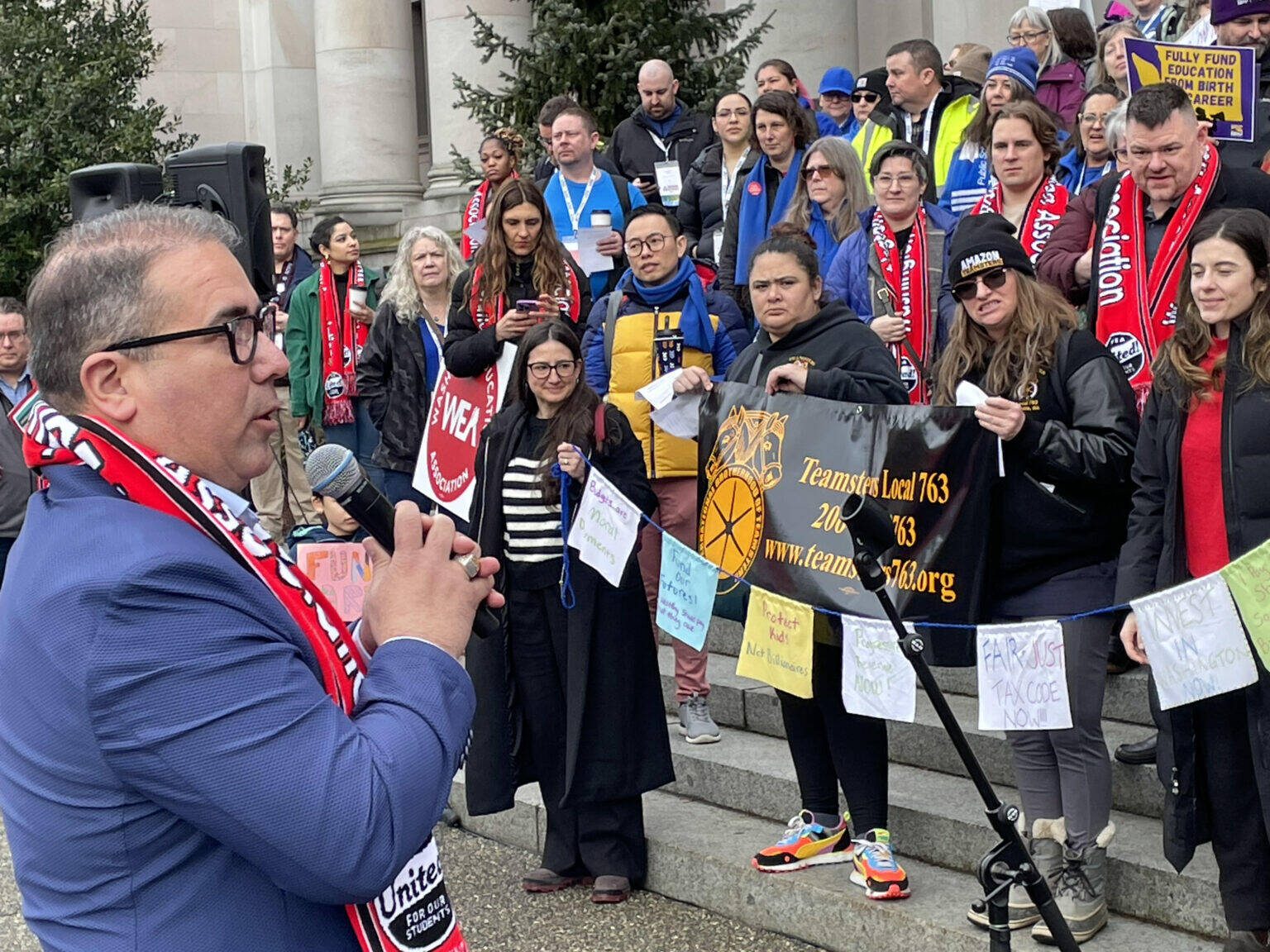A new law triggered by a lawsuit will ensure public school students in Washington are offered special education instruction until they are 22 years old.
Gov. Bob Ferguson signed legislation this week to extend the length of a student’s eligibility to the end of the school year in which they turn 22 or graduate high school, whichever comes sooner. The current age limit is 21.
“As the son of a longtime special education teacher, I understand how important it is,” Ferguson said before putting his signature on Senate Bill 5253.
The bill responds to a federal court ruling in 2024 that found Washington in violation of a federal law concerning how long states must provide “free appropriate public education” to students.
Washington law now assures students with disabilities are eligible for special education services between the ages of 3 and 21.
A federal law known as the Individuals with Disabilities Education Act, or IDEA, governs how states and public schools deliver special education and related services to children and youth with disabilities.
It does not require offering “free appropriate public education” to those aged 18 to 21. But, if a state offers free education programming for any adults, it needs to offer those services for students until they turn 22.
In November 2024, a federal court issued an order against the state in the case of N.D. v. Reykdal, a class action lawsuit alleging that Washington’s law violates the IDEA. Washington allowed students up to 21 years old to enroll in its adult education programs and waived the tuition fee for those who could not pay. Making the programs free triggered a requirement to comply with the federal law.
Superintendent of Public Instruction Chris Reykdal requested this year’s bill to align state requirements with the federal statute. It passed unanimously in the Senate and 93-1 in the House. It will take effect July 27, in time for the next school year.
“Ensuring students have access to a free and appropriate public education through their 22nd birthday is a vital step toward equity and opportunity,” Reykdal said in an email this week.
When the law takes effect, it will continue providing education-related services to students with disabilities until the end of the school year in which they turn 22. These include free admission to the State School for the Blind and the Center for Deaf and Hard of Hearing Youth, and attendance in education programs at residential schools.
OSPI estimated 300 to 1,200 students could benefit and said costs could range from $6.8 million to $27 million per school year to serve them.
Sen. Adrian Cortes, D-Battle Ground, the bill’s sponsor and a special education teacher at Camas High School in southwest Washington, said he has two students who could eventually benefit if they choose to enroll in a transition program for young adults.
“It is not a big population but it is a population that will now be served,” he said.
Talk to us
> Give us your news tips.
> Send us a letter to the editor.
> More Herald contact information.

























